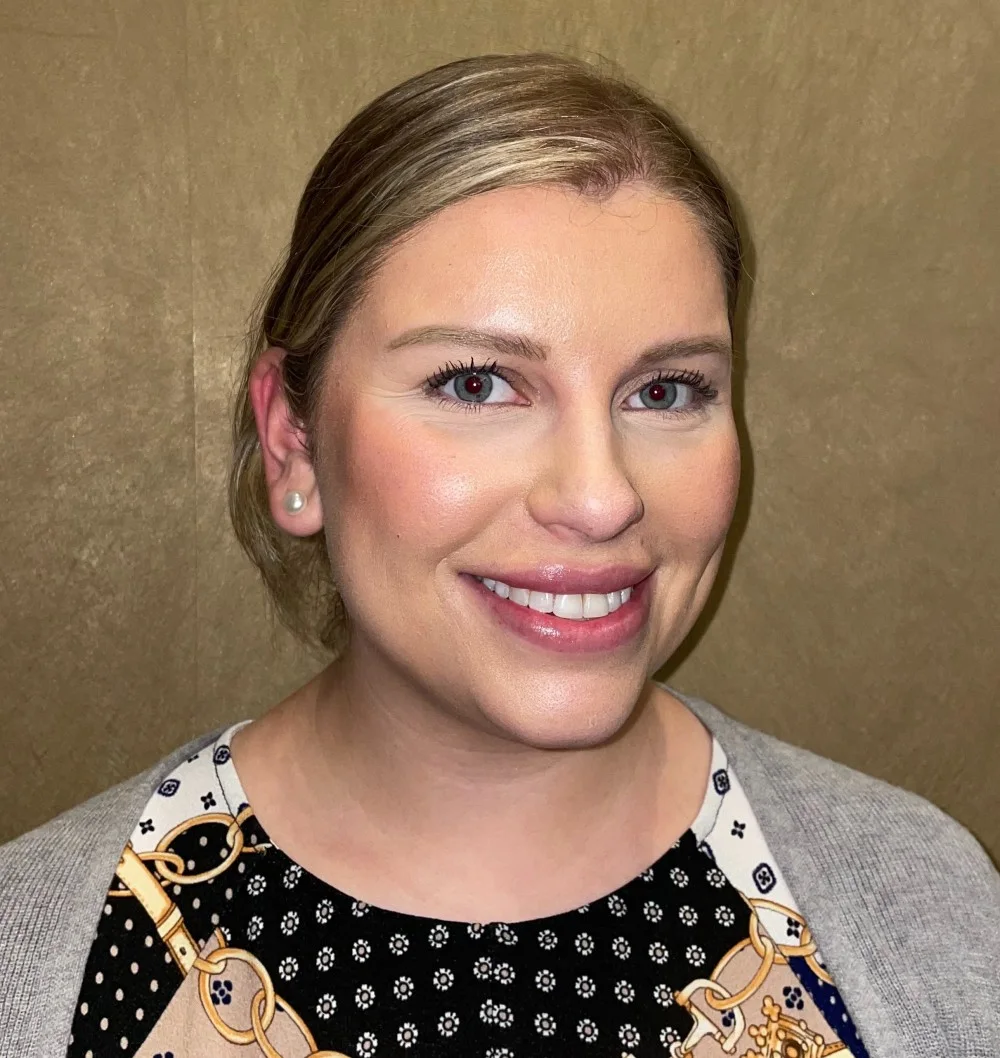
Giving back
Data for Good: Western University
Jed Long is an Associate Professor at Western University in the Department of Geography and Environment. His main research involves using geographic information systems (GIS) and other spatial analysis techniques in the study of movement (e.g., using GPS tracking). Specifically, Jed is interested in developing and applying novel methods for spatial and space-time analysis. To support this important research, Jed runs the Geospatial Analysis Lab where he and his team of dedicated research students support interdisciplinary work that includes wildlife and spatial ecology, population mobility, and remote sensing applications. Jed’s research continues to drive invaluable insights towards community planning and contributes to responsible, data-driven innovation that deliver remarkable human outcomes through social good research.
Q. What kind of questions have you been able to answer through the use of the TELUS Insights API?
Jed: By working with the TELUS Insights API we have been able to address some really important research questions related to patterns of population mobility here in Ontario. First, during the pandemic we studied how changes in mobility patterns (derived from TELUS Insights API) were associated with socio-economic variables. We found that more socio-economically advantaged neighborhoods were able to lower the mobility levels more than those which are socio-economically disadvantaged, especially early in the pandemic. Secondly, we were able to test whether regionally targeted government lockdowns, such as when Toronto and Peel were under greater restrictions than the rest of the province, led to increased travel outside of these areas. Using TELUS’ de-identified network mobility data, we found that this, in general, was not the case. Currently, we are using the TELUS Insights API to explore Canadians’ travel patterns to Canada’s major parks and outdoor recreation areas to gather and share information about population-level health impacts of parks, protected areas, and recreational facilities. This will help to further the support and understanding of accessibility to parks and outdoor spaces. Another research question we are investigating is to study temporal and geographical patterns of home-working behavior before, during, and following the pandemic. Improved estimates of home-based working will have a significant societal benefit for understanding the rapidly changing nature of home-based working at the national scale.
Q. What has your experience been as a research partner with the Data for Good program at TELUS?
Jed: Working with the Data for Good program has allowed my research team and I to explore questions that would not have been possible by collecting smaller datasets ourselves, or using alternative datasets that are available to scientists. I feel confident that the work we are doing is providing real benefits to Canadians in terms of the knowledge we are generating such as; improved estimates of home-based working that will greatly impact essential services and transportation planning. Combine this with the fact that the TELUS Insights API has strong systems in place to de-identify and sufficiently aggregate the data, the Data for Good program provides a real opportunity for developing new data-driven insights for Canadians.
Q. How important is it to have access to high quality and strongly de-identified data sets?
Jed: When conducting scientific research of this kind we have to go through rigorous human ethics review procedures to ensure standards are met, and our work with TELUS is no exception. In doing so we get our academic peers to review the procedures that are used to de-identify the data and confirm that the aggregation process being used ensures and prioritizes privacy.
Q. What’s your perspective on the importance of transparent data use?
Jed: Canadians are well-educated, informed, and technologically savvy. Therefore, I think it is incredibly important that we are transparent with Canadians in terms of how data is collected and used in research. Given the real benefits to society in terms of the knowledge we are generating I think being transparent about what and how data is being used is imperative.
Q. What are some of the challenges researchers face today in regards to data sets?
Jed: We face numerous challenges as researchers trying to obtain, analyze, and understand data. The TELUS Insights API provides access to a large, robust, de-identified and aggregated dataset on mass movement patterns in Canada. The overwhelming advantage of these de-identified datasets is the high volume (e.g., large sample size) and quality (e.g., high temporal resolution) of the data in terms of understanding mass mobility patterns. In particular, what is great about the TELUS Insights API is that the data is privacy-protected and being constantly updated, while at the same time allowing us to study past patterns. As far as I am aware, no other safe and secure, de-identified comparable dataset exists for studying mass mobility patterns in Canada. One of the benefits of the Data for Good program is that we can access this data (as scientists) free of charge if program qualifications are met – which is not always the case as often we have to pay to access large datasets. In doing so, my research team and I can build more thorough and complex analyses as we are not worrying about finding funding to continue accessing the data. This allows me and my research team to be confident in the inferences we are making from large and complex datasets such as these.



